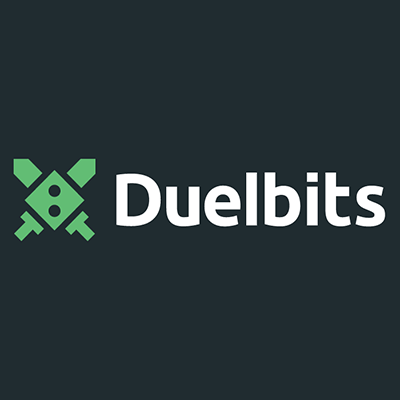EU committees aim to enforce AML laws regardless of the cost. Experts warn that cryptocurrency surveillance is unethical.
European Union members voted in favour of controversial surveillance for Bitcoin and cryptocurrency transactions. On 31 March, two EU parliamentary committees motioned for regulatory changes tied to crypto transactions , despite opposition from industry experts. Some lawmakers believe these measures will curb money laundering.
Cryptocurrency adoption in the online gambling industry is rising, and top EU casinos offer Bitcoin and other decentralised currencies as payment solutions to their patrons. Uncertainty exists about how it will affect Bitcoin casinos , but blockchain experts from Coinbase and Bitfinex label the regulations as destructive and harmful policies.
Majority rule
The EU Committees on Economic and Monetary Affairs (ECON) and Civil Liberties, Justice, and Home Affairs (LIBE) voted in favour of the draft, with a majority vote of 93 to 14. If passed, crypto transactions in Europe face extensive privacy breaches, as pointed out by experts and parliamentary members opposing the draft. The EU parliament will vote on the matter this week.
If approved, the regulations instruct service providers to collect information from beneficiaries and users of unhosted wallets . This includes wallets that do not belong to customers of the service provider.
Bitfinex CTO, Paolo Ardoino, commented that the requirements raise significant data and privacy concerns. Those in favour of the changes believe it will uncover criminal activity. A belief exists that blockchain currencies are popular choices for criminals to launder illegitimate gains and fund terrorism.
Confusion and misinformation
Contrary to lawmakers’ beliefs, the immutable and public nature of cryptocurrencies makes them one of the least attractive options for money laundering. In essence, the proposed regulatory amendments come from a place of misinformation, as the experts pointed out.
While parliament believes it could crack down on financial fraud, critics accuse the EU of invading privacy and stifling innovation for the continent.
Brian Armstrong, co-founder and CEO of Coinbase, called the proposals “anti-innovation, anti-privacy, and anti-law enforcement .”
If parliament approves the draft, self-custody wallets, referred to as unhosted wallets by EU lawmakers, will no longer provide the anonymity that attracts users . Furthermore, reports link a fractional amount of cryptocurrency transactions to criminal activity, and the numbers decrease as criminals cotton on to the traceable and transparent nature of blockchain.
EU blocking advances in online casinos
Bitcoin gambling pioneer SOFTSWISS recently released their report on the state of cryptocurrency gambling . Evidence of more players, nearly half, choosing cryptocurrency gambling shows online casinos must adapt to thrive. The SOFTSWISS report covered over 500 platforms in the UK and EU .
The share of cryptocurrency wagers nearly doubled from 23% in January 2021 to 40.1% in December 2021 . SOFTSWISS recorded a 259.21% increase in the volume of cryptocurrency bets in online casino games over the same period. Although fiat currency is the top choice for gamblers, the increase in crypto-funded online gambling is apparent.
Innovation is synonymous with digital companies and key to attracting and retaining customers. Younger, tech-oriented gamblers want the option to wager in Bitcoin and other cryptocurrencies.
The propositions from ECON and LIBE are problematic because it goes against the advantages of decentralised currency and, according to critics, it has implications for human rights.
Many oppose the changes
Some ministers disapprove of the proposed changes. The European People’s Party (EPP) spoke against the controversial changes in the draft and branded it a ‘de facto ban of self-hosted wallets.’ Markus Ferber, the economic spokesperson for the centre-right EPP, said: “Such proposals are neither warranted nor proportionate.”
Patrick Hansen, head of the strategy and business development at Unstoppable Finance, commented on a Twitter post that their gloves are on. He explained that the formal trialogue process might take months but assured readers that the fight is far from over.






.png)

























.svg)
.svg)
.svg)